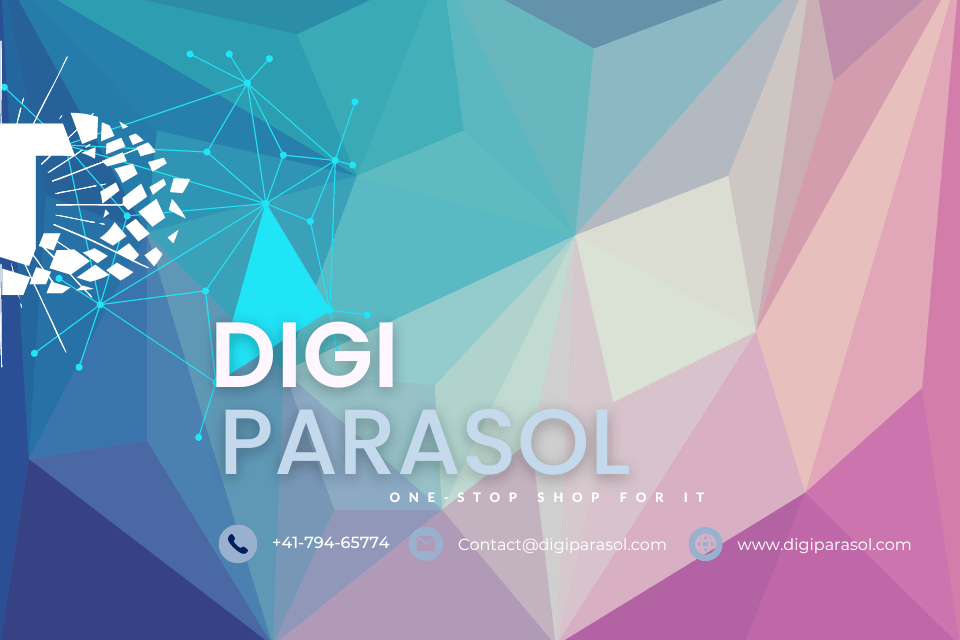When it comes to talent management, one of the key components that often gets overlooked is the use of skill assessment tools. These tools can provide valuable insights into an individual’s abilities and strengths, helping organizations make more informed decisions when it comes to hiring, training, and development.
In this blog post, we will explore the importance of using skill assessment tools in talent management and provide some tips on getting started with implementing these tools within your organization.
The Benefits of Skill Assessment Tools in Talent Management
1. Identifying Talent Gaps
One of the most significant benefits of using skill assessment tools is the ability to identify talent gaps within your organization. By assessing the skills and abilities of your employees, you can pinpoint areas where training or development may be needed to fill these gaps. This can help ensure that your workforce is equipped with the necessary skills to meet the demands of your organization and achieve its goals.
2. Making Informed Hiring Decisions
Skill assessment tools can also be invaluable when it comes to making hiring decisions. By using these tools during the recruitment process, you can gain a better understanding of an individual’s capabilities and how they align with the requirements of the role. This can help you make more informed hiring decisions and select candidates who are the best fit for the position.
3. Personalized Development Plans
Another benefit of using skill assessment tools is the ability to create personalized development plans for your employees. By identifying their strengths and areas for improvement, you can tailor training and development programs to help them reach their full potential. This can lead to increased employee engagement, satisfaction, and retention within your organization.
4. Improved Performance
By assessing the skills of your employees on a regular basis, you can also track their performance and progress over time. This can help you identify trends and patterns that may be impacting their performance and take proactive steps to address any issues. Ultimately, this can lead to improved productivity, efficiency, and overall performance within your organization.
Tips for Getting Started
1. Choose the Right Skill Assessment Tools
When it comes to selecting skill assessment tools for your organization, it’s essential to choose ones that are aligned with your goals and objectives. Consider factors such as the types of skills you want to assess, the scalability of the tool, and the level of customization available. Be sure to also consider the user experience and compatibility with your existing systems.
2. Train Your Team
Once you have selected the right skill assessment tools, it’s crucial to train your team on how to use them effectively. Provide detailed instructions on how to administer assessments, interpret results, and create development plans based on the findings. This will ensure that everyone is on the same page and can maximize the benefits of using these tools.
3. Monitor and Evaluate
After implementing skill assessment tools within your organization, be sure to monitor and evaluate their effectiveness regularly. Keep track of key metrics such as employee engagement, retention rates, and performance improvements to gauge the impact these tools are having. Use this data to make any necessary adjustments and continuously improve your talent management processes.
Essential Equipment
In terms of essential equipment for using skill assessment tools in talent management, there are a few key items to consider. These may include:
– Computers or tablets for administering assessments
– Software platforms for recording and analyzing assessment results
– Training materials for educating your team on how to use the tools effectively
– Communication tools for sharing findings and creating development plans
– Feedback mechanisms for gathering input from employees on their experiences with the assessments
In conclusion, the use of skill assessment tools in talent management can provide a wide range of benefits for organizations looking to optimize their workforce and drive success. By identifying talent gaps, making informed hiring decisions, creating personalized development plans, and improving performance, these tools can help organizations achieve their goals and stay competitive in today’s dynamic business landscape. By following the tips provided and ensuring you have the essential equipment in place, you can successfully implement skill assessment tools within your organization and reap the rewards they have to offer.


